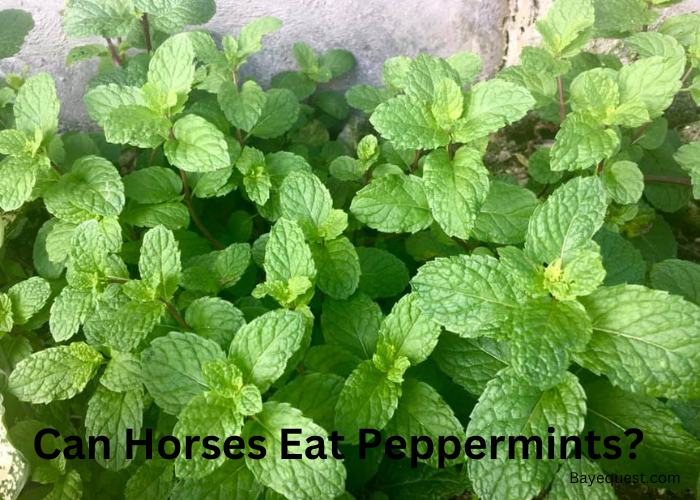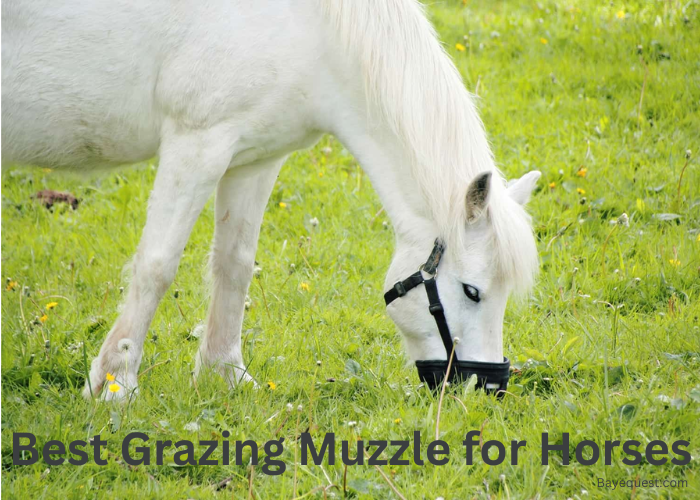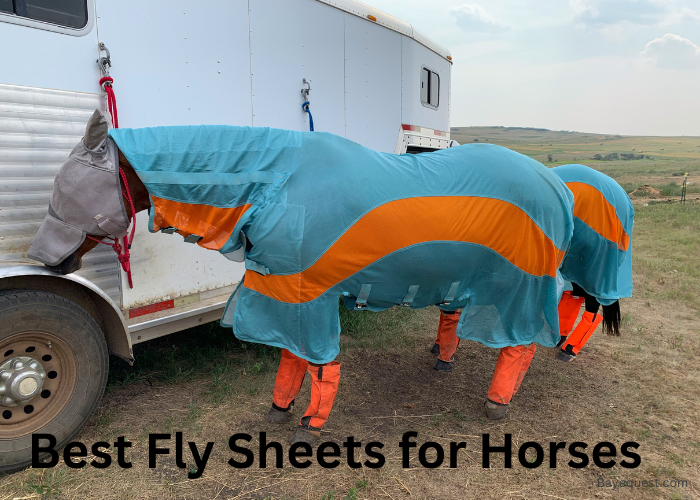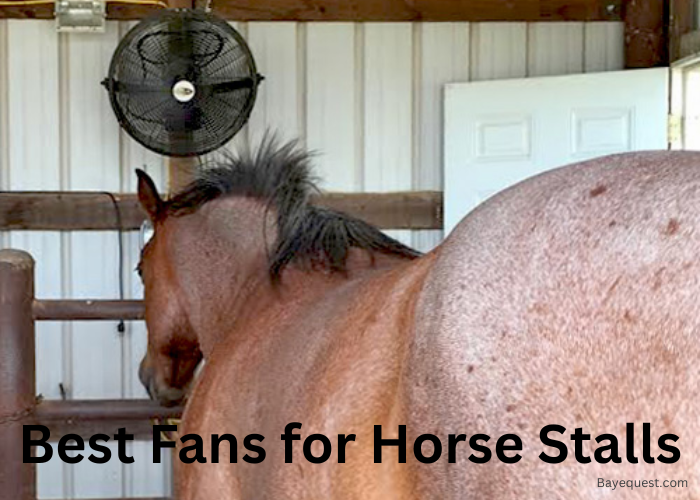Peppermints are a popular treat for humans, but can horses enjoy them too?
Many horse owners wonder if these sweet, minty candies are safe for their four-legged friends.
Peppermints might seem harmless, but understanding their effects on horses is essential.
Some horses love the taste, and they can be a fun, occasional treat. However, you need to know the potential benefits and risks before offering them.
In this blog, we’ll explore whether peppermints are a good choice for horses and how to safely share this sweet snack with them.
Can Horses Eat Peppermints? Key Takeaway
Yes, horses can eat peppermints, and peppermint treats made specifically for horses are safe when given in moderation. Regular peppermint candy can also be enjoyed by most horses if given sparingly, like one per day. Overfeeding, however, may cause digestive issues, so limit intake to ensure your horse’s health.
What is Peppermint?
Peppermint is a plant in the mint family. It’s a natural hybrid of watermint and spearmint.
This plant is known for its strong, refreshing aroma and cool, minty flavor. Peppermint leaves are typically dark green with a slightly purple hue.
The essential oil extracted from peppermint leaves is what gives it that distinctive taste and scent.
This oil is commonly used in cooking, baking, and candy-making, as well as in products like toothpaste, mouthwash, and teas.
Peppermint is also popular in aromatherapy and natural remedies.
It’s believed to have soothing properties that can help with digestion, headaches, and congestion.
Types of Peppermints
Peppermint refers to a specific type of mint plant, but there are several varieties and related types that are worth noting.
Here are some of the most common types and variations:
1. Mentha × piperita (Peppermint)
The standard peppermint plant, known for its strong minty aroma and flavor. It’s a hybrid of watermint and spearmint.
2. Black peppermint
This variety has darker stems and leaves with a more intense flavor and aroma. It’s commonly used for essential oil production.
3. White peppermint
Known for its lighter green leaves and milder flavor compared to black peppermint. It’s also used in essential oil production and culinary applications.
4. Chocolate peppermint
This variety has a subtle chocolate undertone along with the minty flavor. It’s popular in gardens and can be used in cooking and baking.
5. Variegated peppermint
Recognized by its green and white striped leaves, this type is often grown for ornamental purposes but can also be used in cooking.
6. Wild mint (Mentha arvensis)
Although not a true peppermint, wild mint has a similar minty flavor and is used in teas and as a medicinal herb.
7. Spearmint (Mentha spicata)
Another close relative, spearmint has a milder, sweeter flavor compared to peppermint. It’s often used in cooking, beverages, and gum.
Are Peppermints Safe for Horses?
Yes, peppermints are generally safe for horses, but there are a few things to remember. Here’s what you need to know about peppermints:
The good
Horses love them. Many horses love the taste of peppermints. They can be a great way to reward your horse for good behavior.
Bonding time. Giving your horse a peppermint can be a fun and easy way to bond with them.
The cautions
Sugar content. Peppermints are high in sugar. Too much sugar can lead to weight gain, dental problems, and even conditions like laminitis in horses.
Moderation is key. It’s best to give peppermints in moderation. One or two now and then are usually fine, but don’t overdo it.
Read also: Can Horses Eat Sugar Cubes?
Expert opinions
Veterinarians. Most vets agree that occasional peppermints are safe for horses, but they stress the importance of moderation.
Equine nutritionists. They highlight that while a few peppermints won’t harm a healthy horse, you need to ensure the horse’s overall diet is balanced and nutritious.
What to watch for
Sensitive stomachs. Some horses might have sensitive stomachs. If you notice any digestive upset after giving a peppermint, it’s best to avoid them in the future.
Health conditions. Horses with specific health conditions, like insulin resistance or a history of laminitis, should avoid sugary treats altogether.
Can Horses Eat Sugar-Free Peppermints?
Yes, horses can eat sugar-free peppermints, but you need to be careful.
Some sugar-free candies contain xylitol, which is safe for humans but toxic to many animals.
Even though there’s no specific research on horses and xylitol, you need to avoid it.
Also, other sugar substitutes like sorbitol or maltitol can cause digestive upset in some horses.
If you decide to give your horse sugar-free peppermints, start with a small amount and watch for any adverse reactions.
Always read the ingredient label to ensure it’s safe.
Can Horses Eat Peppermint Candy?
Yes, horses can eat peppermint candies, but only in moderation.
The high sugar content means you should give them as an occasional treat to avoid health issues like weight gain and dental problems.
Always check the ingredients to ensure there are no harmful additives like xylitol, which can be toxic to animals.
If your horse has any specific health conditions or a sensitive stomach, consult with your vet before offering peppermint candies.
How Much Peppermint Can a Horse Eat?
Horses can enjoy peppermint treats, but moderation is essential. Generally, one or two peppermints at a time, given a couple of times a week, is safe for most horses.
Watch for any signs of digestive upset or changes in behavior after giving the treats. Avoid giving peppermints daily.
Also, be cautious with horses that have health issues like insulin resistance or laminitis. Always choose plain peppermint candies without harmful additives like xylitol.
Benefits of Peppermints to Horses
Peppermints can offer several benefits to horses when given in moderation.
They serve as a tasty treat that many horses love, making them an excellent reward during training or bonding time.
The strong minty flavor can also help mask unpleasant tastes in medications, making it easier to administer treatments.
Additionally, the scent of peppermint can have a calming effect on some horses, helping to reduce stress and anxiety in certain situations.
While not a significant nutritional source, the occasional peppermint can be a fun and beneficial way to interact with and reward your horse, enhancing the overall human-animal bond.
Nutritional Content of Peppermints
| Nutrient | Amount per Serving (15g) | % Daily Value* |
| Calories | 60 | 3% |
| Total Fat | 0g | 0% |
| Sodium | 0mg | 0% |
| Total Carbohydrates | 15g | 5% |
| Sugars | 14g | ** |
| Protein | 0g | 0% |
How to Feed Peppermints to Horses
Feeding peppermints to horses is simple, but there are a few tips to remember.
First, ensure the peppermints are plain, without harmful additives like xylitol.
When you’re ready to give a treat, hold it in the palm of your hand and let your horse sniff it. Most horses will eagerly take it from your hand.
If your horse is shy or nervous, gently place the peppermint in their feed bucket. Start with one or two peppermints at a time, and watch for any signs of digestive upset.
Use peppermints as a reward during training or just as a special treat. Remember, moderation is key.
Enjoy these moments with your horse, and have fun.
Risk Factors of Giving Horses Peppermints
Giving horses peppermints can be a fun treat, but there are some risk factors to keep in mind:
High sugar content. Pepperments are high in sugar. Too much sugar can lead to weight gain, dental problems, and conditions like laminitis.
Digestive upset. Some horses have sensitive stomachs and might experience digestive issues after eating sugary treats.
Health conditions. Horses with health conditions, like insulin resistance or equine metabolic syndrome, should avoid sugary treats.
Additives. Some peppermints contain harmful additives like xylitol, which can be toxic to animals. Always check the ingredients before giving any candy to your horse.
Choking hazard. Hard candies can be a choking hazard if not properly chewed. Monitor your horse when giving them treats to ensure they chew them thoroughly.
Allergic Reactions of Peppermints to Horses
Allergic reactions to peppermints in horses are rare, but they can happen. Here are some signs to watch:
1. Skin issues. Look for hives, rashes, or itching. These can appear on the body, face, or legs.
2. Respiratory problems. Watch for coughing, sneezing, or difficulty breathing. These symptoms can indicate a more serious reaction.
3. Digestive upset. Symptoms like colic, diarrhea, or excessive gas can suggest an allergic response.
4. Swelling. Any unusual swelling should be taken seriously, especially around the face, lips, or tongue.
What to Do if Your Horse Reacts Negatively to Peppermints
If your horse reacts negatively to peppermints, here’s what you should do:
Cease giving your horse more peppermints as soon as you notice a negative reaction.
Watch your horse closely for signs of distress, such as coughing, swelling, hives, difficulty breathing, colic, or diarrhea.
Reach out to your vet for advice. Describe the symptoms and how soon after eating the peppermint they occurred. Follow their guidance on any necessary treatments.
Ensure your horse has access to fresh water and a comfortable resting area. Avoid giving other treats or unusual foods until you’ve spoken with your vet.
Stay calm and handle your horse gently. Your calm demeanor can help keep your horse from getting more stressed.
Follow those instructions closely if your vet recommends medication or specific care steps.
Based on the symptoms, they may suggest antihistamines for allergic reactions or other treatments.
Take note of the reaction details, including the type and amount of peppermint given, symptoms observed, and the time it took to appear.
This information can be helpful for your vet and for future reference.
Once your horse has recovered, avoid giving peppermints again. Stick to treats that you know your horse tolerates well.
Horses that Shouldn’t Take Peppermints
While many horses can enjoy peppermints as a treat, there are certain horses that should avoid them.
Here’s a quick rundown of which horses should steer clear of peppermints:
1. Horses with insulin resistance or equine metabolic syndrome
These horses must avoid sugary treats to manage their condition and prevent health complications.
2. Horses with laminitis
Laminitis, a painful hoof condition, can be exacerbated by high sugar intake. It’s best to avoid peppermints to prevent flare-ups.
3. Overweight horses
For horses that are already overweight, the extra sugar in peppermints can contribute to further weight gain and associated health issues.
4. Horses with dental issues
Sugar can worsen dental problems, so avoiding sugary treats is wise if your horse has known dental issues.
5. Horses with digestive sensitivities
Some horses have sensitive stomachs and may experience digestive upset from sugary treats like peppermints.
6. Horses with known allergies
If your horse has shown signs of an allergic reaction to peppermint or similar treats, it’s best to avoid them altogether.
7. Young foals
Foals should primarily be on a balanced diet suitable for their growth and development. Sugary treats are not recommended.
Alternative Treats for Horses
These treats are healthy alternatives to sugary snacks and can be a great way to reward your horse while keeping them happy and healthy.
- Carrots
- Apples
- Bananas
- Watermelon
- Pumpkin
- Sugar-free applesauce
- Cucumber
- Beet pulp
- Sweet potatoes
- Hay cubes
FAQs
Do horses eat gourds?
Yes, horses can eat gourds. Gourds like pumpkins and squash are safe for horses and can be tasty. Just cut them into manageable pieces and remove any seeds to prevent choking. Always introduce new foods gradually to ensure your horse has no adverse reactions.
Do horses eat corn?
Yes, horses can eat corn, but it should be given in moderation. Corn is high in energy and can be a good source of calories, especially in winter. However, it’s also high in starch, leading to digestive issues if fed in large amounts. It’s best to feed corn as part of a balanced diet and consult your vet for the appropriate amount.
Do Horses Like Peppermints? Conclusion
So, can horses eat peppermints? Absolutely, but with caution.
A peppermint here and there can make for a delightful treat, a sweet reward, or a little bonding moment.
Remember, moderation is key. Monitor your horse’s health and always check the ingredients.
If your horse has special dietary needs or health conditions, skip the sweets. When in doubt, consult your vet.
At the end of the day, a happy, healthy horse is what we’re all after. So, next time you’re enjoying a mint, share one with your trusty steed.
Just don’t make it a habit. Happy treating.








